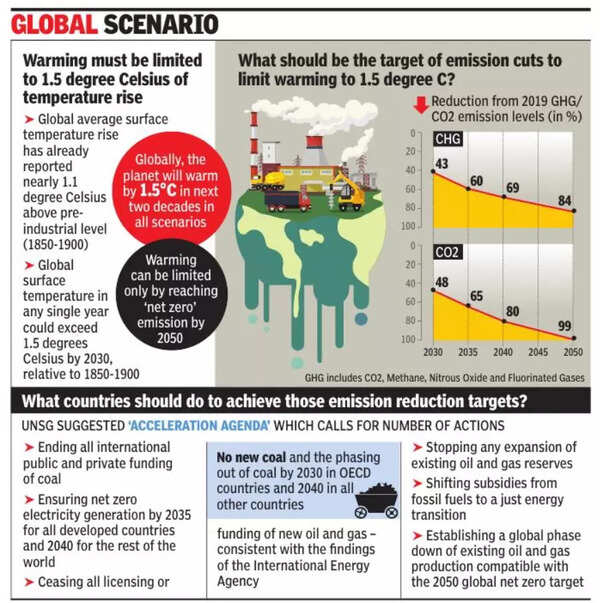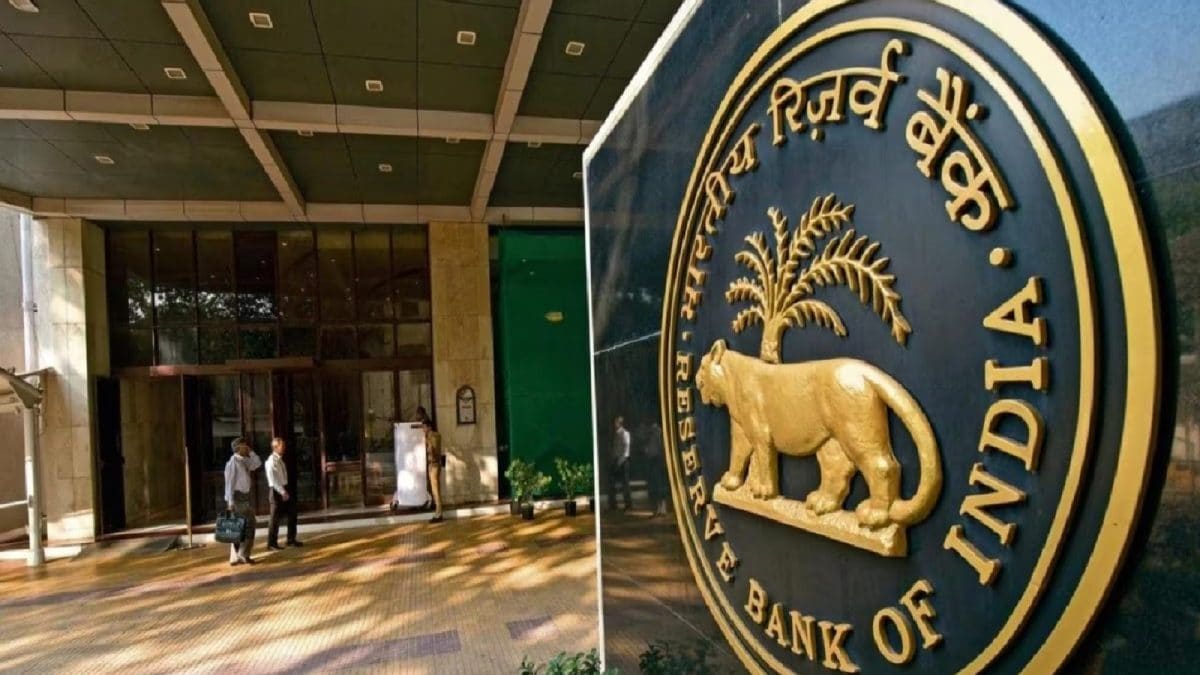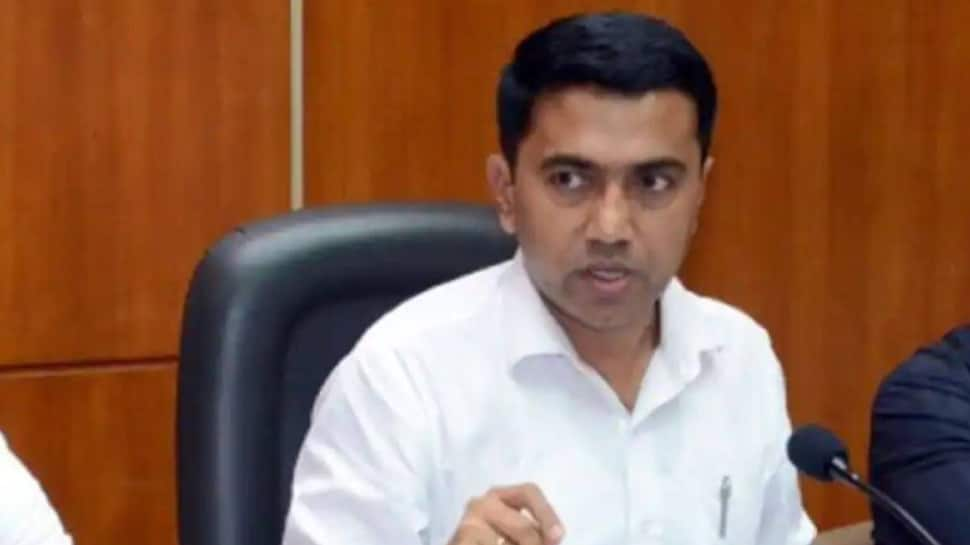The IPCC, while releasing its “synthesis report” on six previous findings post-2015, said on Monday that the planet will warm permanently by at least 1.5 degrees C in the next two decades in all scenarios.
The report said a 1.5 degrees C warming is likely to trigger a trail of destruction across the world due to an increase in the number of extreme weather events and sea level rise resulting from the melting of polar ice.
Pitching for global “net zero” emissions by 2050 as a necessity to save the world from such disastrous consequences of climate change, the report made a strong case for cutting carbon dioxide emission by almost half by 2030 from 2019 levels, with the United Nations secretary general (UNSG) Antonio Guterres even suggesting phasing out of coal by 2040 across the globe and stopping any expansion of existing oil and gas reserves.
The report presented a desired pathway of further emission reduction by mid-century and suggested various mitigation measures including adoption of low-carbon lifestyle — a kind of endorsement of India’s brainchild Mission LiFE (lifestyle for environment) which has been flagged big time by the country since it was launched by Prime Minister Narendra Modi last year.

The report suggested that “a better understanding of the consequences of overconsumption can help people make more informed choices” — a point key to Mission LiFE that gave a call to the world to move from mindless consumption to mindful utilisation of resources and live in harmony with nature.
“This report is a clarion call to massively fast-track climate efforts by every country and every sector and on every timeframe. The climate time-bomb is ticking. But today’s IPCC report is a how-to guide to defuse the climate time-bomb. It is a survival guide for humanity,” said Guterres.
“Humanity is on thin ice… and that ice is melting fast,” said the UNSG in his remarks that referred to all the dangerous signs of how the breach of the 1.5 degrees Celsius warming limit could pose more disastrous consequences across the globe where almost half of the population (3.3 to 3.6 billion people), currently, live in the areas that are highly vulnerable to climate change.
In the backdrop of the IPCC findings, Guterres even presented an “acceleration agenda” to reach the desired climate goal and urged countries to sync their “net zero” emission deadlines with the global net zero by 2050.
He suggested that developed countries must “commit to reaching net zero as close as possible to 2040”. Similarly, he urged emerging economies such as India and China to reach net zero as close as possible to 2050. India currently has a target to reach net zero by 2070 whereas China aims to reach carbon-neutrality by 2060.
“This ‘synthesis report’ underscores the urgency of taking more ambitious action and shows that, if we act now, we can still secure a liveable sustainable future for all,” said IPCC chair Hoesung Lee after releasing the report in Interlaken, Switzerland.
The UN climate change (UNFCCC) executive secretary, Simon Stiell, too expressed similar hope, saying “it’s not too late (to take required action)”.
“The IPCC clearly demonstrates that it is possible to limit global warming to 1.5 degrees Celsius with rapid and deep emissions reductions across all sectors of the global economy. It has given us many feasible, effective and low-cost mitigation and adaptation options to scale up across sectors and countries,” he said.
The synthesis report will build momentum for the 28th session of the UN climate conference (COP28) which is to be held in Dubai, UAE later this year. It’ll now be a fundamental policy document for shaping climate action through negotiations till 2030 as Lee said that it would be “a much-needed textbook for addressing climate change” for policymakers of today and tomorrow.















































